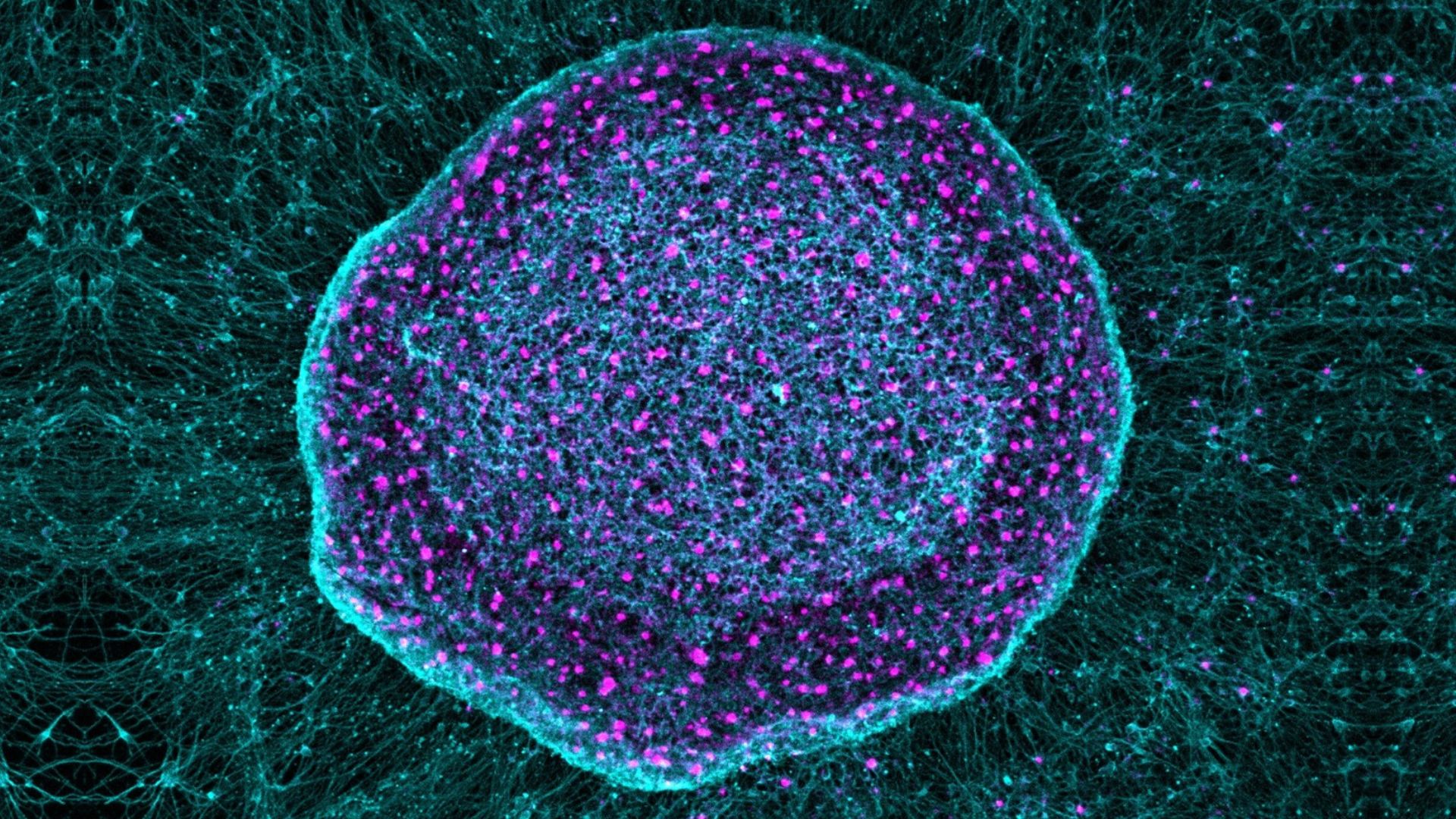No Evidence That Therapy Can Turn Gays Straight
Gays and lesbians have long been encouraged to change their sexual orientation through therapy or other treatments, on the assumption that homosexuality is merely a lifestyle choice.
That advice should change, psychologists now say.
Mental health professionals should avoid telling clients that they can change their sexual orientation through therapy or other treatments, according to a new resolution adopted by the American Psychological Association.
The reason: It won't work, the group has concluded.
Parents, guardians, young people and their families would also be wise to avoid sexual orientation treatments that portray homosexuality as a mental illness or developmental disorder, the resolution states. Instead, they should seek psychotherapy, social support and educational services "that provide accurate information on sexual orientation and sexuality, increase family and school support and reduce rejection of sexual minority youth."
The resolution, crafted by a task force, was adopted yesterday at the group's annual convention.
"Contrary to claims of sexual orientation change advocates and practitioners, there is insufficient evidence to support the use of psychological interventions to change sexual orientation," said Judith M. Glassgold, chair of the task force.
Get the world’s most fascinating discoveries delivered straight to your inbox.
Researchers have not firmly concluded to what extent homosexuality is genetically inherited, but many think it is a mix of nature and nurture. Several studies have shown that genes are involved, however.
While conflicting research on the therapy issue is cited by some, studies have found that "sexual orientation was unlikely to change due to efforts designed for this purpose," Glassgold said. "At most, certain studies suggested that some individuals learned how to ignore or not act on their homosexual attractions. Yet, these studies did not indicate for whom this was possible, how long it lasted or its long-term mental health effects. Also, this result was much less likely to be true for people who started out only attracted to people of the same sex."
Based on this review, the task force recommended that mental health professionals avoid misrepresenting the efficacy of sexual orientation change efforts (SOCE) when providing assistance to people distressed about their own or others' sexual orientation, the APA said in a statement.
The task force examined 83 peer-reviewed journal articles on the topic of SOCE written from 1960 to 2007, plus other recent studies on the psychology of sexual orientation.
"Unfortunately, much of the research in the area of sexual orientation change contains serious design flaws," Glassgold said. "Few studies could be considered methodologically sound and none systematically evaluated potential harms."
The task force could not reach any conclusion, based on studies that have been done, on whether SOCE is effective, nor whether the methods might be safe or harmful.
"Without such information, psychologists cannot predict the impact of these treatments and need to be very cautious, given that some qualitative research suggests the potential for harm," Glassgold said. "Practitioners can assist clients through therapies that do not attempt to change sexual orientation, but rather involve acceptance, support and identity exploration and development without imposing a specific identity outcome."
As part of its report, the task force identified that some clients seeking to change their sexual orientation may be in distress because of a conflict between their sexual orientation and religious beliefs. The task force recommended that licensed mental health care providers treating such clients help them "explore possible life paths that address the reality of their sexual orientation, reduce the stigma associated with homosexuality, respect the client's religious beliefs, and consider possibilities for a religiously and spiritually meaningful and rewarding life."
 Live Science Plus
Live Science Plus






